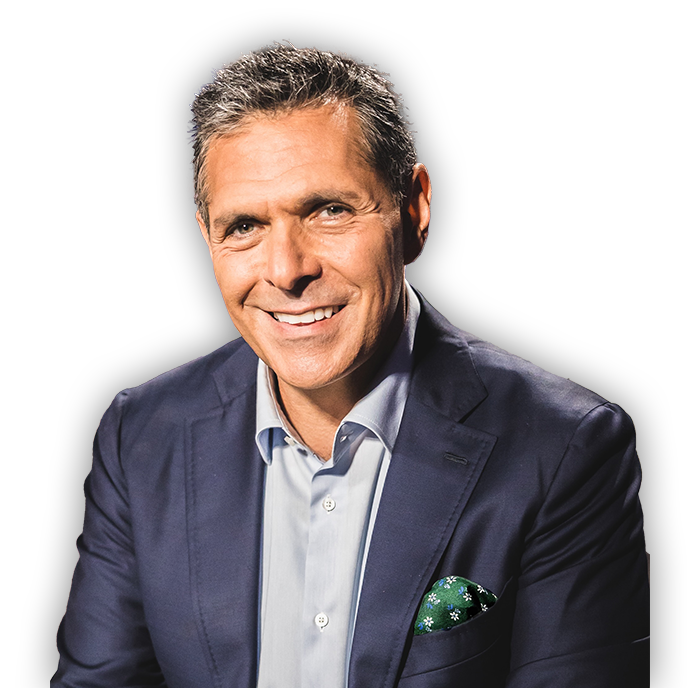The Media Is Over-Covering Divisiveness. It’s Going to Destroy Us
In 2000, President Clinton hosted a peace conference at Camp David that gave many hope for peace in Gaza; but a few months later, the Second Intifada, a major Palestinian uprising against Israel, began. Having been working in the region for decades to found and build PeaceWorks, a company that used market forces to foster peace between neighbors in the Middle East, I was confused and depressed by the news. On Western television, I saw pictures of ruthless violence and terrorism from Palestinians, giving me the impression, at least initially, that the moderates I knew had succumbed to extreme ways. But when I went to talk to my Palestinian friends, and they showed me what they were seeing on the television, I was shocked:. Their news programs depicted all Israelis as merciless killers.
On both sides of the conflict, the news media seemed like it exclusively published stories portraying the worst of the other side, characterizing all Palestinians or Israelis as hateful enemies. It turned out that my friends hadn’t changed at all; they just weren’t the ones the media were showing. And in portraying things falsely in such a negative light, the media fed the conflict rather than helping resolve it.
We Americans are now facing this same problem, with potentially devastating repercussions for our democracy and our ability to lead the free world.
Read More

